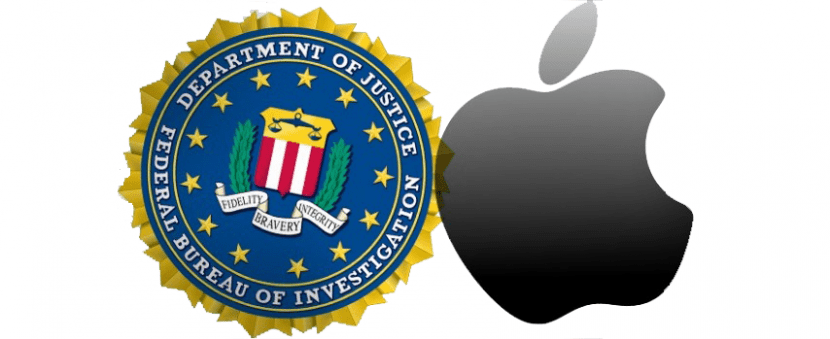
It seems that the war between Apple and the FBI is not quite over. The North American organization does not seem to be far from ceasing in its effort to be able to enter our telephones easily and quickly mobiles violating our privacy.
The latest FBI data speak of up to 6.900 encrypted mobile devices that they were unable to access during 2017. Obviously all these devices are supposedly terminals involved in the commission of different crimes.
In short, we are facing the same issue that we had already talked about for a long time ago, of course, it does not seem to be expected that this story will end soon based on the statements. They try to intimidate us by using the following rhetoric:
To be honest, it is a problem, a real problem. The impact is brutal in investigations of human trafficking, drugs and even exploitation of minors. Not to mention, of course, terrorism.
This is how Christopher Wray (Director of the FBI) wants to make it clear to us how dangerous our privacy is. However, it does not specify how exactly guilty the phone is in the fact that crimes are committed using them. Curious at least in a country where weapons are allowed everywhere and almost without any type of restriction.
The encryption mechanisms that more and more devices are applying to their operating systems are making it very difficult for the FBI and the Israeli company they usually hire to unlock them. Apparently they mark as the culprit the precedent of the iPhone 5c involved in the San Bernardino attacks that Apple flatly refused to unlock for a whole year. Meanwhile, the high-ranking FBI officials continue to pretend to have the approval of the Government to force companies to give away your privacy to security systems.
Apple does not surrender to the FBI, it is very clear that privacy is privacy for everyone and not because the FBI can do what it wants with that privacy, I think it is right that they take it so seriously.
What a crack that you are both your Sergio RIVAS and Miguel HERNANDEZ ... Let's see if it would seem good if your father died (to give an example and without the intention of offending) by a terrorist act, by an overdose or in a violent way and that the only way to find out and obtain evidence, be it the information that an iPhone contains ...
I'm sure your opinions or way of writing an article would change a lot ...